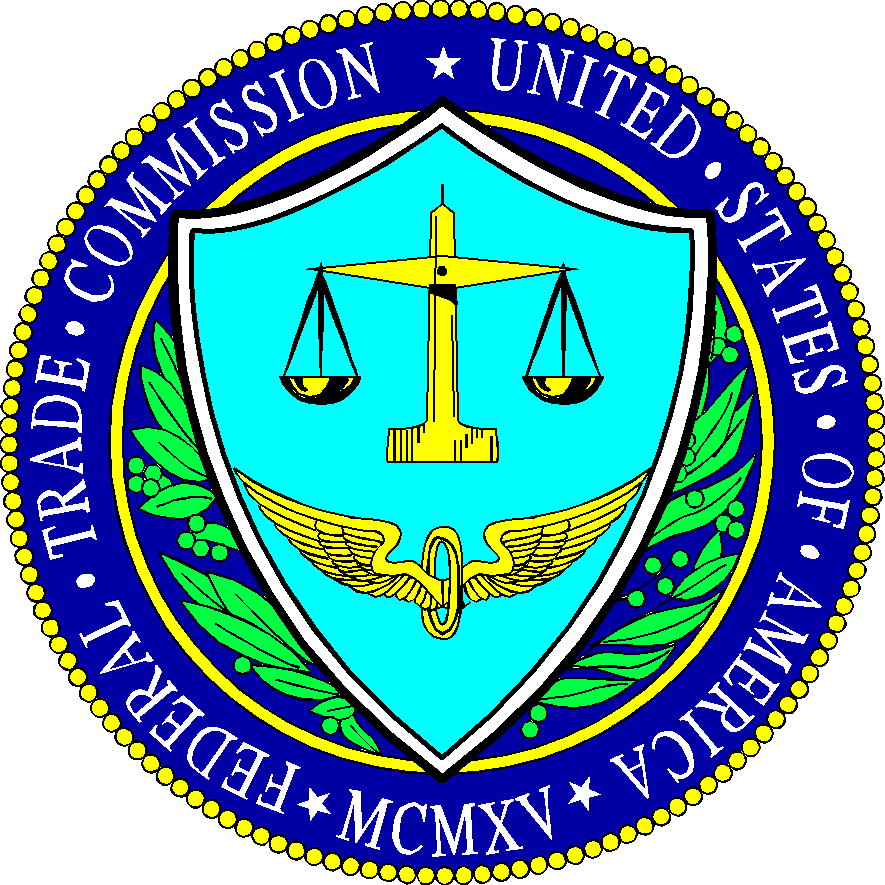The Federal Trade Commission provides advertising lessons in its proposed settlement with CVS to refund nearly $2.8 million to buyers of the retailer’s Air Shield dietary supplement. The drug store chain made cold-prevention claims for the product that were similar to those for competing products, Airborne and Germ Defense. Those product claims also ran afoul of the FTC and cost their companies.
Lesson #1: Do not copy someone else’s advertising. Just because the other companies make product claims does not mean it is OK. The FTC might penalize all of you. The FTC settled with Airborne for $30 million in August 2008 and with Rite-Aid, seller of Germ Defense, in July for $500,000.
Lesson #2: Have product claims reviewed before you advertise. The FTC said in a press release that it had charged CVS with “making false and deceptive advertising claims that using its product would reduce the risk of colds and protect against catching colds in crowded places, such as schools, airplanes, offices, health clubs, theaters, or restaurants.” The FTC said that “the company had no evidence that the products could boost the immune system or prevent colds.”
Lesson #3: The FTC is cracking down on supplement advertising. “With orders against Airborne, Rite Aid, and the one proposed against CVS, manufacturers and retailers are on notice that they have to tell the truth about what dietary supplements can and cannot do,” the FTC said in its release on the CVS settlement.
Lesson #4: Do not stretch the truth. The FTC is taking a highly critical view of product claims and scientific evidence. The agency has sued Rite Aid’s supplier of Germ Defense, Improvita Health Products Inc., claiming that company with deceptive acts or practices and with making false advertisements.
Lesson #5: Avoid the flu — and advertising related to it. This fall, the public faces the dual threat of seasonal flu and the H1N1 virus. A company that advertises a defense against either is likely to receive a call from the FTC.




Good writing. Keep up the good work. I just added your RSS feed my Google News Reader..
Matt Hanson